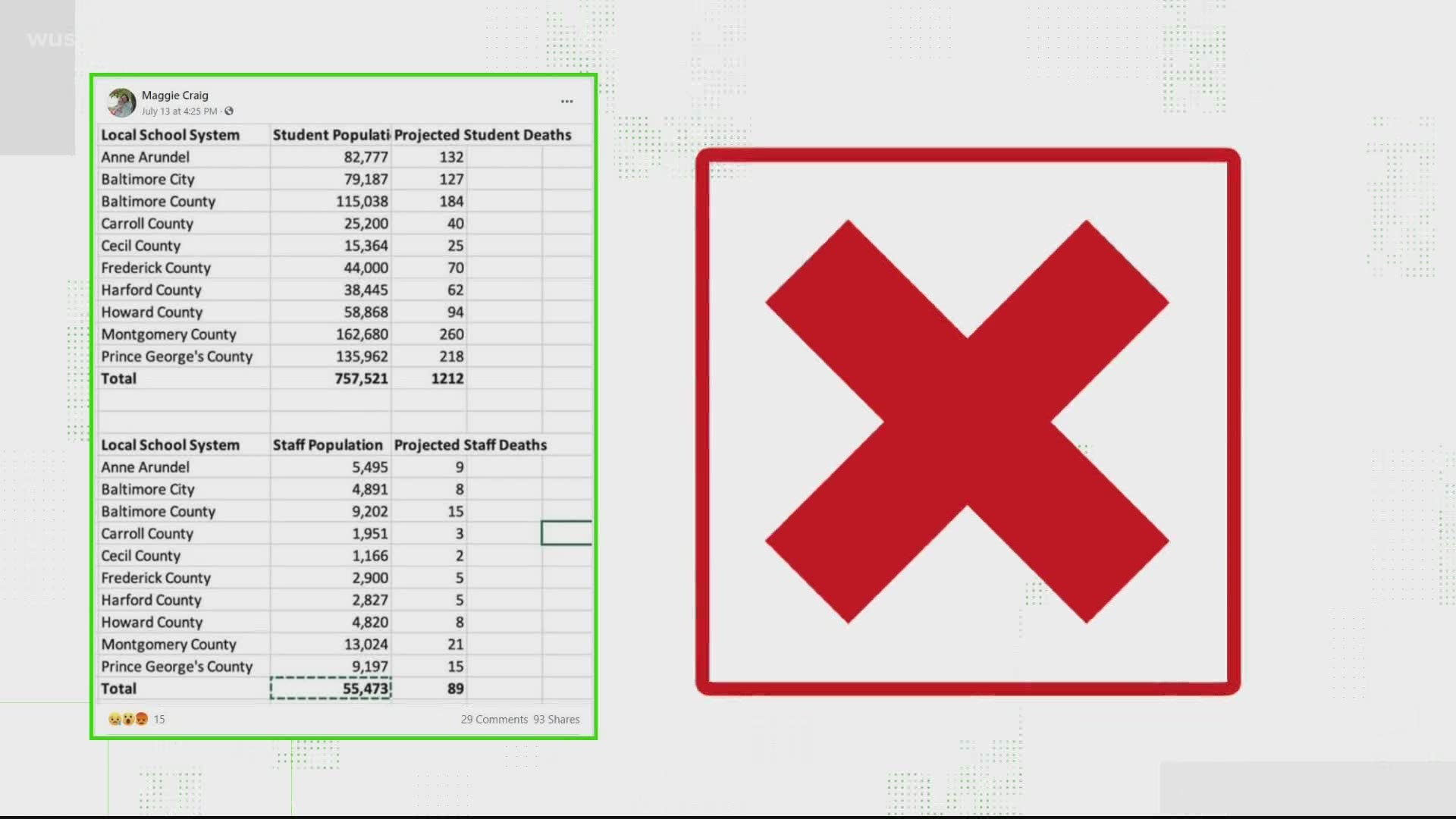WASHINGTON, D.C., USA — QUESTION:
Is there any evidence spraying Listerine in your yard repels mosquitoes?
ANSWER:
No.
SOURCES:
Michael Raupp, University of Maryland
PROCESS:
Mike Raupp says insecticides designed to kill or repel mosquitoes must be licensed and registered with the Environmental Protection Agency.
Listerine is not on that list, so Raupp says there’s no official evidence it would work.
In fact, he says spraying it on your yard could actually be harmful to pets
Our team also checked with the Centers for Disease Control.
According to the CDC, the best way to prevent mosquito bites, are products containing EPA registered insect repellents with one of the active ingredients listed below.
The CDC says when used as directed, EPA-registered insect repellents are proven safe and effective, even for pregnant and breastfeeding women.
- DEET
- Picaridin (known as KBR 3023 and icaridin outside the US)
- IR3535
- Oil of lemon eucalyptus (OLE)
- Para-menthane-diol (PMD)
- 2-undecanone
So, we can verify, false there’s no scientific evidence spraying your yard with Listerine is an effective way to repel mosquitoes.
You can find EPA-registered products here:
More on "Unregistered Products"
Raupp says some insect repellent products for sale in the United States do not currently require EPA registration.
In the 1990s, EPA evaluated the active ingredients in these unregistered products for safety. It was determined that the active ingredients posed minimal risk to human health in the percentages found in products on the market.
Based on this minimal risk determination, the EPA decided that products made from these ingredients should be exempt from registration.
Note that products made from these ingredients have not been evaluated for effectiveness.
Examples of ingredients used in unregistered repellents are:
Citronella oil
Cedar oil
Geranium oil
Peppermint and peppermint oil
Soybean oil

